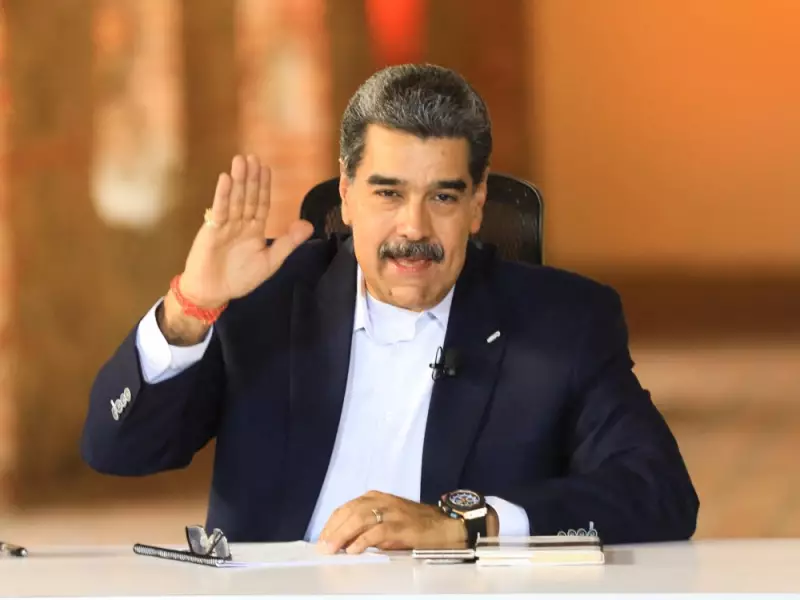
The Trump administration's high-stakes confrontation with Venezuela's Nicolás Maduro represents more than just another geopolitical showdown—it could potentially reshape Western energy security and regional stability for years to come.
A Strategic Opening in Venezuela's Crisis
As Venezuela's socialist government continues its economic freefall, the United States has positioned itself to capitalize on what many analysts are calling a rare strategic opportunity. The administration's recognition of opposition leader Juan Guaidó as interim president has created a diplomatic opening that could fundamentally alter the balance of power in the hemisphere.
The implications extend far beyond Venezuela's borders, touching on everything from global oil markets to the future of authoritarian regimes throughout Latin America.
Energy Security Implications
Venezuela sits on the world's largest proven oil reserves—an estimated 303 billion barrels that have been largely mismanaged and underproduced under Maduro's regime. A political transition could potentially unlock this vast energy potential, providing Western nations with:
- Reduced dependence on Middle Eastern and Russian energy sources
- Stabilizing influence on global oil prices
- New investment opportunities for American and Canadian energy companies
- Enhanced North American energy independence
The Broader Geopolitical Calculus
Beyond the immediate energy considerations, the Venezuela confrontation represents a critical test of Western influence in what has traditionally been considered America's backyard. The Trump administration's approach marks a significant departure from previous policies, combining economic pressure with diplomatic isolation of the Maduro government.
This strategy appears to be gaining traction as numerous Western and Latin American nations have joined the recognition of Guaidó's interim government. The coordinated response suggests a renewed willingness among democratic nations to challenge authoritarian regimes in the region.
Potential Outcomes and Challenges
While the potential benefits for Western interests are substantial, significant challenges remain. The Maduro government retains support from key international players, including Russia and China, both of which have substantial economic interests in Venezuela. Any successful transition would need to navigate:
- The complex process of restructuring Venezuela's massive international debt
- Rebuilding the country's decimated oil infrastructure
- Addressing humanitarian concerns amid widespread poverty and malnutrition
- Managing relations with other regional powers, including Cuba and Bolivia
A Turning Point in Western Hemisphere Relations
The Venezuela crisis represents more than just another foreign policy challenge—it's a potential watershed moment that could determine the trajectory of democratic governance and energy security throughout the Americas. The Trump administration's willingness to confront Maduro directly has created an opportunity that, if successfully navigated, could deliver benefits extending far beyond Venezuela's borders.
The coming months will be critical in determining whether this geopolitical gamble pays off for Western interests or becomes another chapter in Venezuela's tragic decline.





